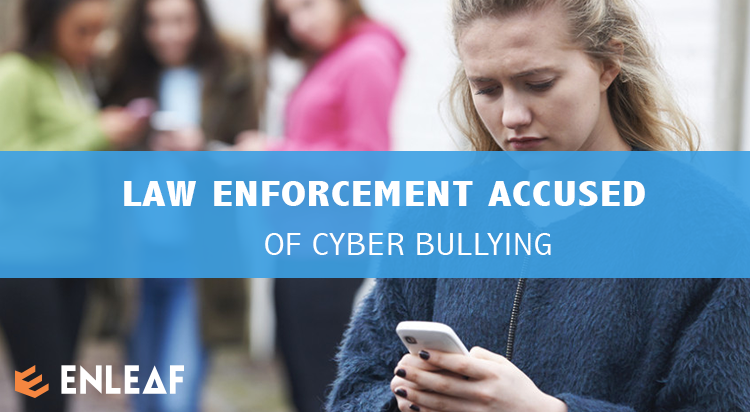
From the individual perspective and the broader perspective of society, we are able to achieve growth and success from our connections and communication with one another. Social media websites like Facebook have a ‘sticky’ appeal. People return to keep updated with the most recent gossip and to connect with friends. However, the enchantment of social media is not restricted to people inside one’s own social circle. It has penetrated mass audiences and altered the behaviors of societies. It has advanced the way we connect and share.
It is not unusual to witness social behavior shared through the Internet. Those that have grown up in the age of the web are are commonly those most able to adapt to new web technologies, and they are definitely on the forefront of social media of all types. They have also extra technological know-how as compared to a lot of the older generations. In many aspects, Social media can positively impact our daily lives. Much like the early days of the telephone, it allows us to connect with people in new ways removing geographic barriers.
Because social media has quickly integrated itself into almost all elements of our private and professional lives, it is easy to neglect its ability to be used in a negative manner. Bullying, once an activity that required people to have person-to-person dialogue, has now moved online, breaking down the physical barriers once required for such abuse. Cyber bullying, as it’s often referred, comes in many forms including verbal harassment, social exclusion and slander.
Because of the seemingly anonymous nature of the web, the effects of Cyber bullying can often be lost on the perpetrator. Cyber bullying is unlike the traditional schoolyard-bulling scenario where the ramifications of the bullying can be immediately observed. For many, cyber bullying has lead to depression, self-harm, and even suicide.
This week we saw yet another case of yber bulling but unlike the numerous cases we have read about before, this time the cyber bullying came from the very people we call upon to protect us.
Andrew Cain, 19, committed suicide on Sunday, several days after the Latah County Sheriff’s Office posted a Facebook comment about Cain. The comment read: “We have decided that Andrew Cain is no longer the Wanted Person of the Week… He is the Wanted Person of the Month of June. Congratulations!”
The post then fueled further bullying, which Cain’s sister says eventfully, caused Andrew to take his own life.
In an interview with Krem.com Cain’s sister shared her sense of betrayal.
“Those are the people protecting us, that is just not right,” she added.
Smith told Cain about the Facebook post. She said strangers began sending her brother online messages about the Facebook comment. Smith believes the messages became too much for Cain.
“It’s like he couldn’t escape it for five minutes cause everyone around him shared it and was bringing it up,” added Smith. Cain’s sister said she wants an apology from the person who actually made the online post.
Maintaining law and order in the society does not give the police the right to engage in petty public shaming and character assassination especially when considering crimes, such as marijuana possession, that pose no imminent risk to public safety. I truly hope that this case will lead others both in and out of law enforcement to think more carefully about how they use social media.
We are interested to hear your opinions. Please share your thoughts below. Were the police overstepping their grounds or were they justified in their action?
Adam Chronister is co-founder of Enleaf, an award winning Web Design and Internet Marketing Firm. You can find him on Facebook Facebook and Twitter.
